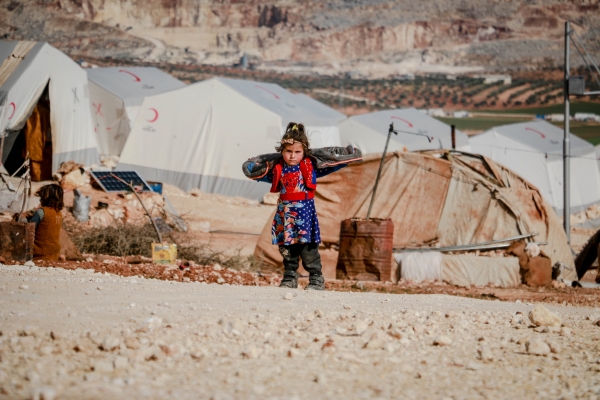A recent article published by Human Rights Watch discusses the serious impacts of cluster munitions attacks, especially in 2022, emphasizing their global ban due to the immediate and long-term damage they cause, while also leaving unexploded remnants. Cluster munitions can be fired from different platforms, distributing submunitions over a wide area. These submunitions often do not explode initially, posing a long-term threat similar to anti-personnel mines until they are removed. In 2022, 95% of cluster munitions victims were civilians, with extensive use in Ukraine by Russia and Ukrainian forces. Myanmar and Syrian government forces have also used these weapons. None of these countries are signatories to the international treaty banning cluster munitions.
A total of 112 countries have ratified the 2008 Convention on Cluster Munitions and 12 others have signed it. Since the Convention was adopted in 2008, there have been no new confirmed cases of use, production or transfer of cluster munitions by state parties. Furthermore, the parties to the Convention have destroyed a large amount of declared cluster munitions and submunitions.
The Cluster Munition Monitor report, which monitors global efforts to eliminate cluster munitions, reported casualties from unexploded remnants of previous attacks in 2021 and in 2022 there were additional casualties from remnants in various conflict zones, a large proportion of them children. It highlights Russia's use of cluster munitions in Ukraine and the controversial US decision to transfer these weapons to Ukraine in 2023. Numerous government leaders have criticized this move.
To date, the main obstacle in the elimination of these weapons are precisely the countries that refuse to adhere to the treaty. However, it should be noted that the countries that ban them are making progress in destroying stockpiles and removing contaminated areas. The urgent ethical, legal and humanitarian need for all countries to adhere to the international ban on cluster munitions has been emphasized, as these weapons continue to target civilians, even 15 years after being banned.
To read more, please visit:
https://www.hrw.org/news/2023/09/05/cluster-munitions-new-use-transfers-challenge-total-ban
https://news.un.org/en/story/2023/09/1140382
https://www.hrw.org/news/2023/06/29/cluster-munitions-and-impact-international-law
by Chiara Cacciatore







